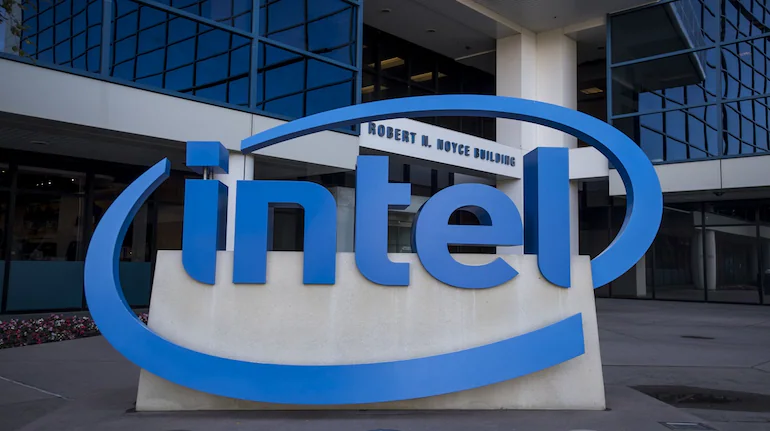By the end of the year, Australia will require internet businesses to stop hosting frauds or risk steep fines, the top consumer regulator warned Friday, potentially setting up another clash with Big Tech
The Australian Competition and Consumer Commission (ACCC) and the treasury department are consulting with internet, banking, and telecommunications firms to develop a mandatory, enforceable anti-scam code.
This code would obligate the companies to take reasonable measures to safeguard users, such as providing an effective complaint service.
According to Andrew Forrest, a mining magnate, cryptocurrency scam advertisements in Australia have resulted in the loss of millions of dollars for Australians. He has filed a lawsuit against Meta, the proprietor of Facebook, in California for the advertisements, claiming that he could not compel Meta to take action domestically.
At present, the government of Australia specifies that only telecommunications providers are subject to anti-scam regulations. However, the amount of money lost by Australians to frauds tripled to A$2.7 billion ($1.8 billion) from 2020 to 2023, to global trends, as the pandemic drove an increase in the number of individuals who went online.
This led the ACCC to advocate for implementing new legislation that would ensure accountability for all industries involved. The imposition of legal liability on internet platforms may establish a new point of conflict between Australia and an industry historically relying on U.S. laws, which largely absolve them of responsibility.
Meta has already announced that it may censor media content on Facebook in Australia in response to a law enacted by the ACCC that mandates internet companies to pay media companies licensing fees for links to content.
ACCC Chair Gina Cass-Gottlieb stated via telephone that the mandatory anti-scam protocols applicable to each industry are expected to be implemented by the end of the year.
“We do need, we think, obvious and specific enforceable legal obligations.”
The Treasury Department has stated that companies that fail to adhere to the codes will be subject to fines of A$50 million, three times the benefit garnered by wrongdoing, or 30% of turnover at the time of the offense.
The ACCC is suing Meta on a distinct basis for its alleged failure to prevent the publication of cryptocurrency scam advertisements that feature the faces of prominent Australians, including Forrest.
Meta is defending the case that the ACCC filed in March 2022, which is currently in the pre-trial phase. The necessity for “backward-looking” and time-consuming court enforcement, which involved the investigation, preparation, and resolution of litigation, as well as appeals, would be reduced by a mandatory code, according to Cass-Gottlieb.
Meta declined to explain the anti-scam code’s scheduling. The company stated in a January submission that it desired a voluntary code and that the proposed mandatory code could lead to companies prioritizing compliance over innovation.



